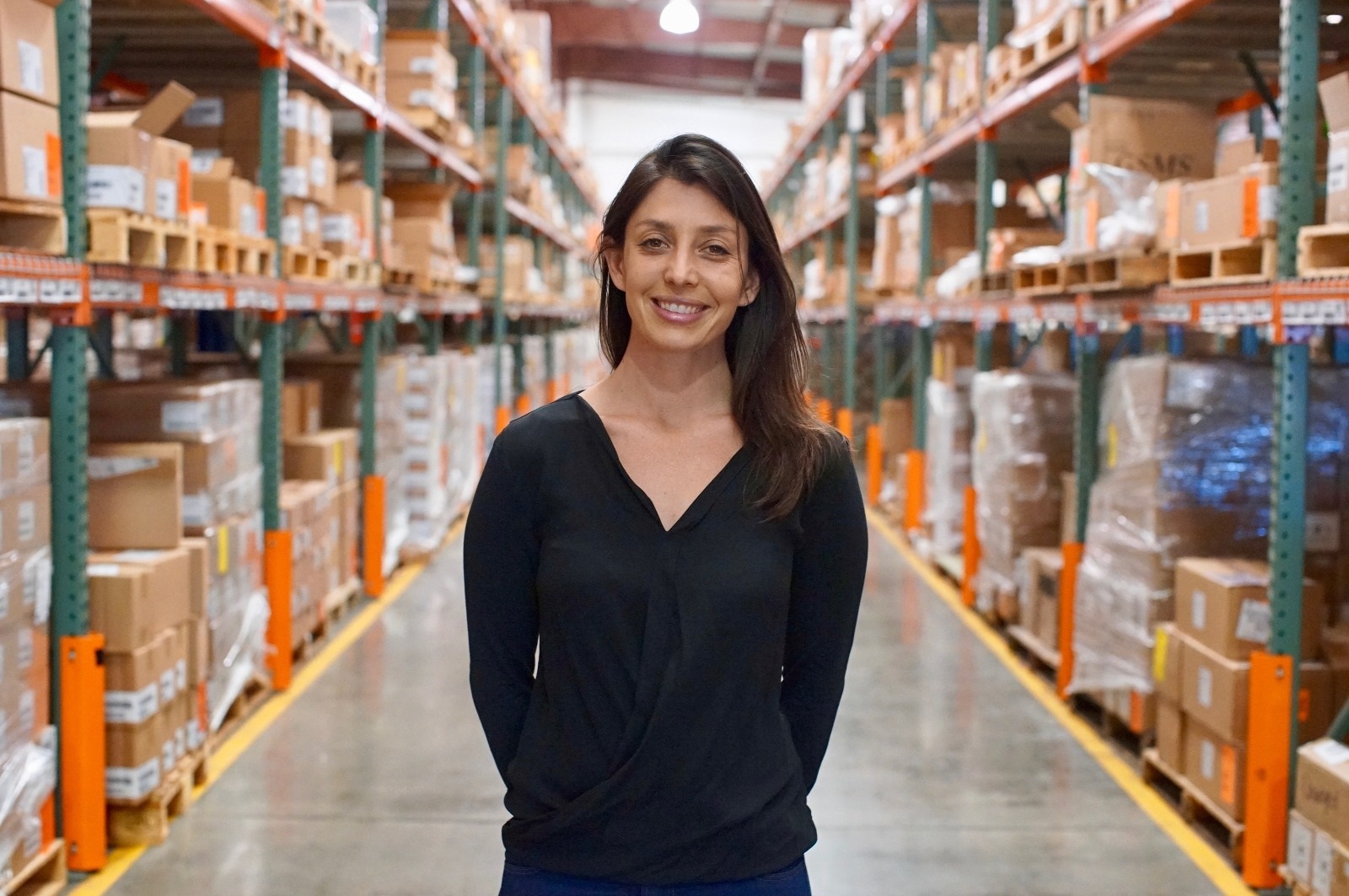Cydney Justman started her story with CU Boulder when she was, in her own words, “really looking for a change.” An admirer of the mountains and passionate about history and science, she chose to pursue anthropology, with a focus on health, biology and nutrition within the field.
During her time at Boulder, Cydney had the opportunity to study abroad for one year, as well as take advantage of the university’s Undergraduate Research Opportunity Grant. “CU Boulder was an extremely formative time in my life. The university was incredible and had so many opportunities for me, as an anthropology student, to have real life experience in the field,” she recalls.
In her abroad experiences she had the opportunity to spent time in Ghana, West Africa, and in Peru, Latin America. “The experience in Peru really changed the course of my life,” she notes. Because of this and the mentorship from Dr. Kaifa Roland and Dr. Patricia Lawrence, she has dedicated her work over the past 12 years to Latin America.
Cydney is currently the Senior Emergency Management Response at Direct Relief, a California-based organization that provides focused support for urgent health needs around the world. During the Covid-19 pandemic, she reconnected with CU Boulder through an initiative led by the GCF Task Force, to help one of its member states, Amazonas, in Brazil.
Covid has been raging across the Amazon. One of the hardest hit places in the world is the state of Amazonas. As Covid relief efforts demand an “all hands on deck” approach, the State Secretary of the Environment in Amazonas, Eduardo Taveira, issued a global plea for help from the international community both last April and just now in January as the state continued to be ravaged by Covid.
After receiving the open letter sent to the international community by the government of Amazonas, the GCFTF Project Director, Colleen Lyons, turned to all her contacts in search of ways to help the State. Including her parents, the dedicated parish nurse, Sheila Scanlan and the doctor Edward Scanlan. They were the ones who connected Lyons with Health Bridges International president, Wayne Centrone.
Centrone shared the success of a pilot project that used oxygen concentrators in the Puno region of Peru, with the help of Father Alex Busuttill. The success in Peru had been so great that the country started to manufacture concentrators. “Perhaps we can export them to Brazil?” offered Father Busuttill. From this moment on, the lessons learned in Peru became a path for dialogue between the GCFTF, HBI and the Secretary of the Environment of Amazonas, Eduardo Taveira.
But the most important detail was still missing: resources. It was then that the possibility arose of connecting with Direct Relief. Cydney Justman quickly realized the seriousness of the situation faced by Amazonas and started working on identifying the best way to help the State connect with resources. Direct Relief stepped up in a big way. The institution has provided $530K to support the fight against Covid in Amazonas.
“It’s a dream come true for me to be able to work at an organization like Direct Relief, that focuses on strengthening health systems and empowering communities to improve their health and wellbeing. When I first started my studies in Anthropology at CU Boulder, I knew I wanted to immerse myself in the world, and dedicate my career to improving it. I didn’t know exactly what that would look like. My winding path has thankfully led me to a career where I can connect communities in need, locally and globally, with medical resources they need to thrive” – emphasized Justman, about being part of this chain of goodness.
The efforts that united the GCF Task Force, Health Bridge International, and Direct Relief, were responsible for providing the resources that resulted in oxygen concentrators distributed in Amazonas. They are one of the most important items for Covid-19 patients, who often present low-oxygen levels. This initiative will secure appropriate care for rural communities as well as hospitals in the State.

